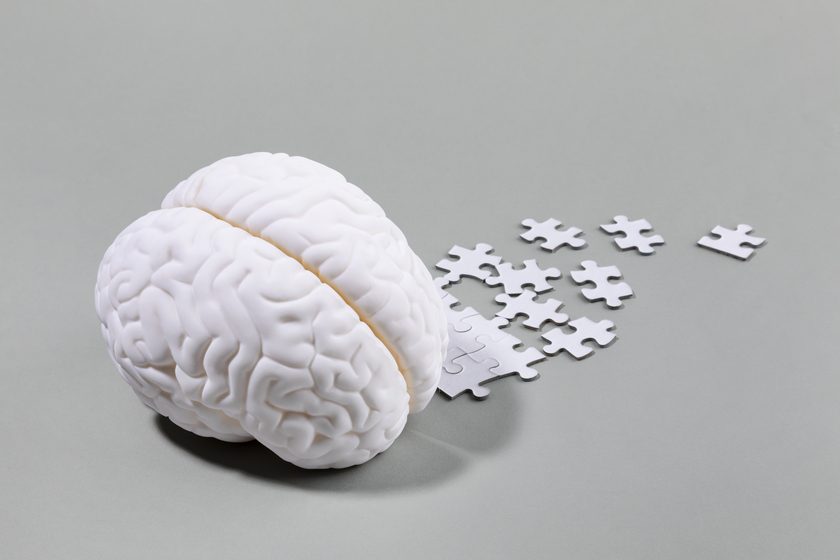People often confuse pseudodementia with dementia, but understanding the distinction is vital for accurate diagnosis and treatment. Pseudodementia mimics the symptoms of dementia but has different underlying causes. It is typically linked to psychiatric conditions, such as depression or anxiety. Recognizing pseudodementia vs. dementia differences will ensure proper care and improve the quality of life for affected individuals and their loved ones.
Causes of Pseudodementia and Dementia Explored
The causes of pseudodementia and dementia differ significantly. Pseudodementia is primarily caused by severe depression, anxiety, or other mental health conditions. These psychological issues can affect cognitive functions, leading to memory loss and confusion. However, once the underlying psychiatric condition is treated, cognitive symptoms often improve or resolve entirely, distinguishing it from dementia.
Dementia, on the other hand, is caused by physical changes in the brain. These changes can result from various diseases, such as Alzheimer’s disease, vascular dementia, or Lewy body dementia. These conditions lead to progressive and irreversible damage to brain cells.
Differences in Symptom Presentation Noted
The symptoms of pseudodementia and dementia can appear similar but have notable differences. In pseudodementia, individuals often exhibit a lack of motivation and express a clear awareness of their cognitive issues. They might demonstrate significant mood swings, including persistent sadness or anxiety, which can affect their ability to concentrate and remember information.
In contrast, dementia symptoms typically include progressive memory loss, disorientation, and difficulty with communication. Unlike pseudodementia, individuals with dementia may not be fully aware of their cognitive decline. Their symptoms gradually worsen over time, impacting their ability to perform daily activities independently. Recognizing these symptom differences is crucial for appropriate treatment and care.
Diagnostic Techniques for Accurate Differentiation
Diagnosing pseudodementia and dementia requires distinct approaches. For pseudodementia, a comprehensive psychiatric evaluation is necessary to identify underlying mental health conditions. This evaluation often includes detailed interviews, psychological tests, and medical history reviews. Treatment focuses on addressing the psychiatric disorder, which can lead to significant improvement in cognitive symptoms.
Dementia diagnosis involves neurological assessments, brain imaging, and cognitive tests. These methods help identify the specific type of dementia and its severity. Neurologists may use MRI or CT scans to detect brain abnormalities, such as atrophy or lesions. Blood tests can also rule out other medical conditions that might mimic dementia. Accurate diagnosis ensures patients receive appropriate care and management for their condition.
Treatment Approaches for Each Condition Compared
Treatment for pseudodementia and dementia varies due to their different causes. Pseudodementia treatment focuses on addressing the underlying psychiatric condition. This may include antidepressants, psychotherapy, and lifestyle changes to improve mental health. Effective treatment can lead to a significant reduction in cognitive symptoms, allowing individuals to regain their cognitive abilities.
Dementia treatment, however, aims to manage symptoms and slow disease progression. Medications like cholinesterase inhibitors and memantine are commonly prescribed to help maintain cognitive function.
Pseudodementia Vs. Dementia: Choosing the Right Senior Living Option At Our Community
Pseudodementia often requires targeted mental health support, which we offer through comprehensive psychiatric evaluations and personalized treatment plans. For those facing the challenges of dementia, our dementia care community provides a nurturing environment with specialized programs designed to enhance cognitive function and quality of life. At our retirement community, we ensure that every resident receives the best possible care for their unique condition.







